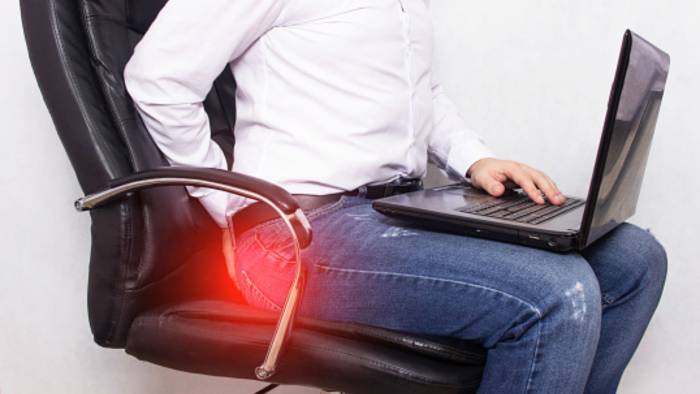
The Piles The New Emergency Room Problem During Shutdown
The emergency room is a place of life-threatening illnesses, trauma, and emergencies. It’s also one where regular operation continue as usual during shutdown. This week, the National Medical Association released a report warning that patients in this particular setting are experiencing more problems as a result of the shutdown.
What are the symptoms of piles?
Symptoms of piles usually include a sudden and intense pain in the lower back, buttocks, or lower legs. The pain can be so severe that people with piles find it difficult to walk or stand. Piles also cause fatigue and difficulty concentrating.
Piles may sometimes cause blood clots, which can lead to stroke or heart attack. People with piles often experience other symptoms, such as diarrhea and urination problems.
If you think you have piles, get Piles Surgeon in Agra help as soon as possible.
What causes piles?
Piles are a common emergency-room problem during a government shutdown. When patients can't obtain essential medications or treatment, their piles get worse.
The root cause of piles is often a lack of hydration and electrolytes. Patients become dehydrated and their muscles cramp from not being able to move around. This causes the waste to pile up under the skin, which can create an infection.
Other conditions that can lead to piles include low blood sugar, diabetes, bladder infections, and constipation. The most common treatment for piles is antibiotics and pain relief.
Piles during a Shutdown
As the government shutdown enters its fourth day, the Piles Specialist Doctor in Agra is seeing an increase in patients with piles. Piles is a medical term for constipation and can be caused by a variety of things, such as dehydration or lack of fiber in the diet.
Hospitals have been dealing with increased demand for care since the shutdown began on Oct. 1. "Patients who experience regular constipation often don't realize how their lifestyle choices might be contributing to their symptoms," the Best Doctor for Piles in Agra said. "They may need to make some changes in their diet or lifestyle to help resolve their constipation."
Treatment Options for Piles
There are different treatments that can be used for piles, depending on the severity and cause. General treatment options include surgery, radiation therapy, and pain management. Surgery is typically recommended for larger or more advanced cases of piles, as it offers a high chance of success and is relatively simple to perform. Radiation therapy can help shrink the size of the tumor and relieve pain. Pain management may involve medications or surgeries to reduce inflammation and pain.
If surgery is not an option, radiation therapy or chemotherapy may be recommended. However, these treatments have side effects that should be considered before undergoing them. Additionally, both radiation therapy and chemotherapy can take several weeks to work, so patients need to be patient while waiting for results. If surgery is not an option or if radiation or chemotherapy are not desired for a particular patient, other forms of treatment such as physiotherapy and massage may provide relief.



